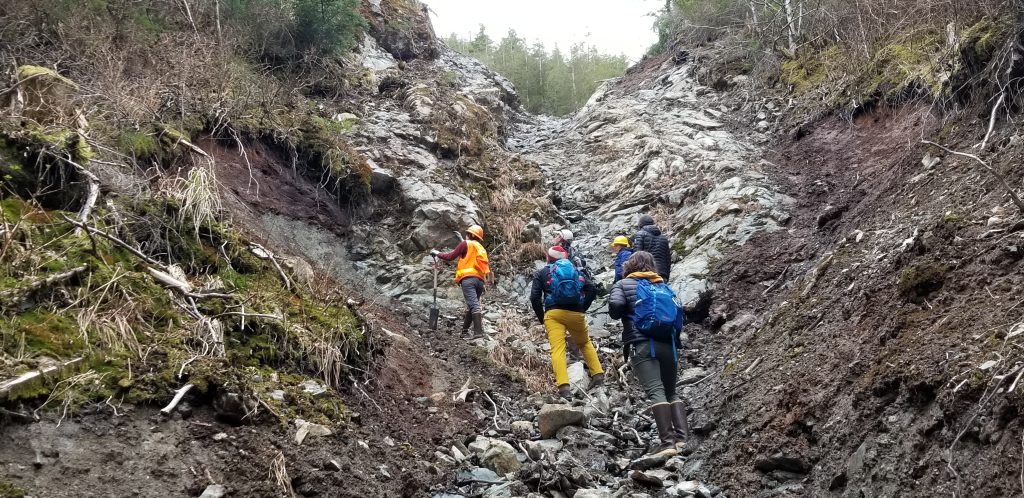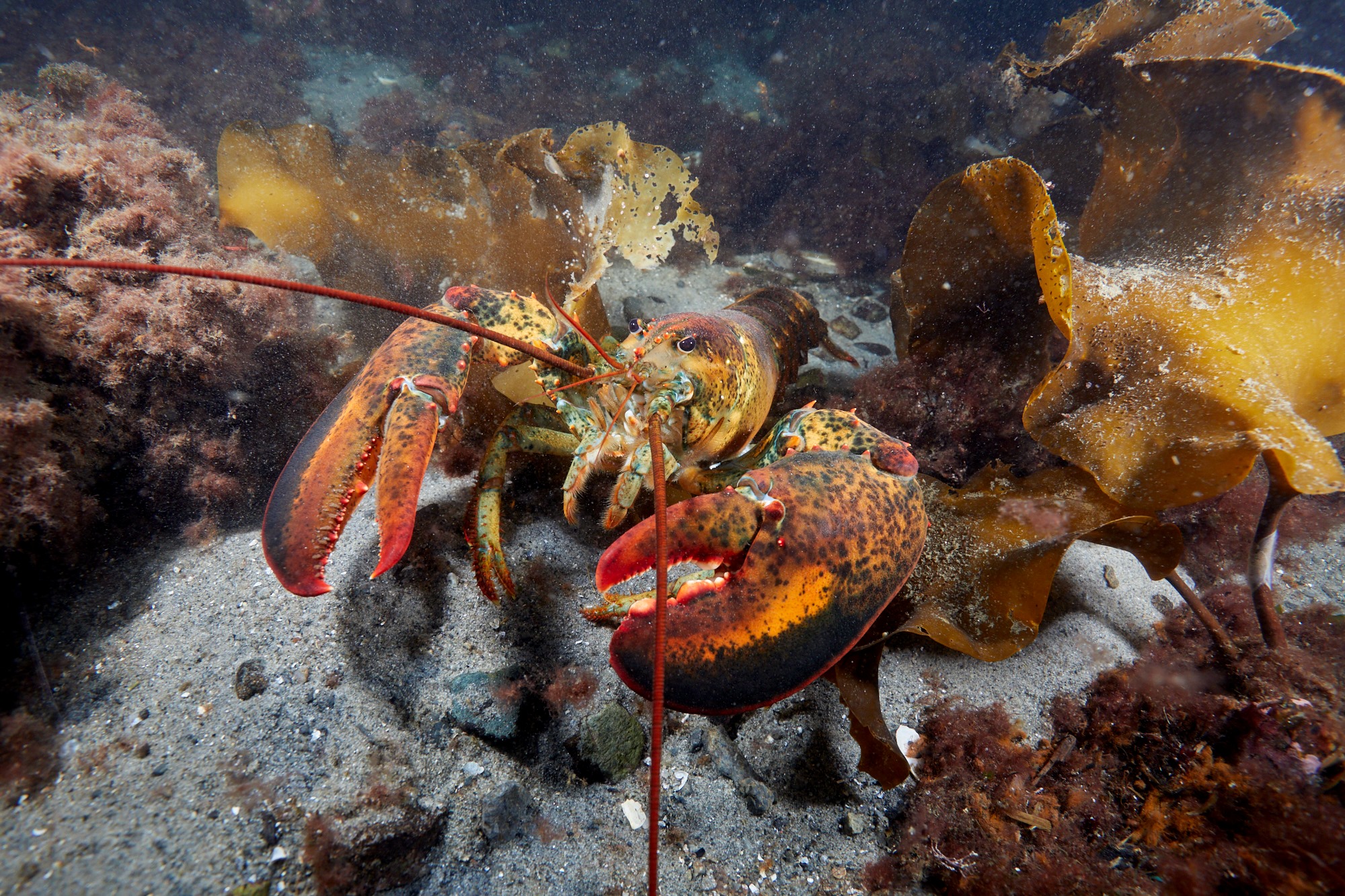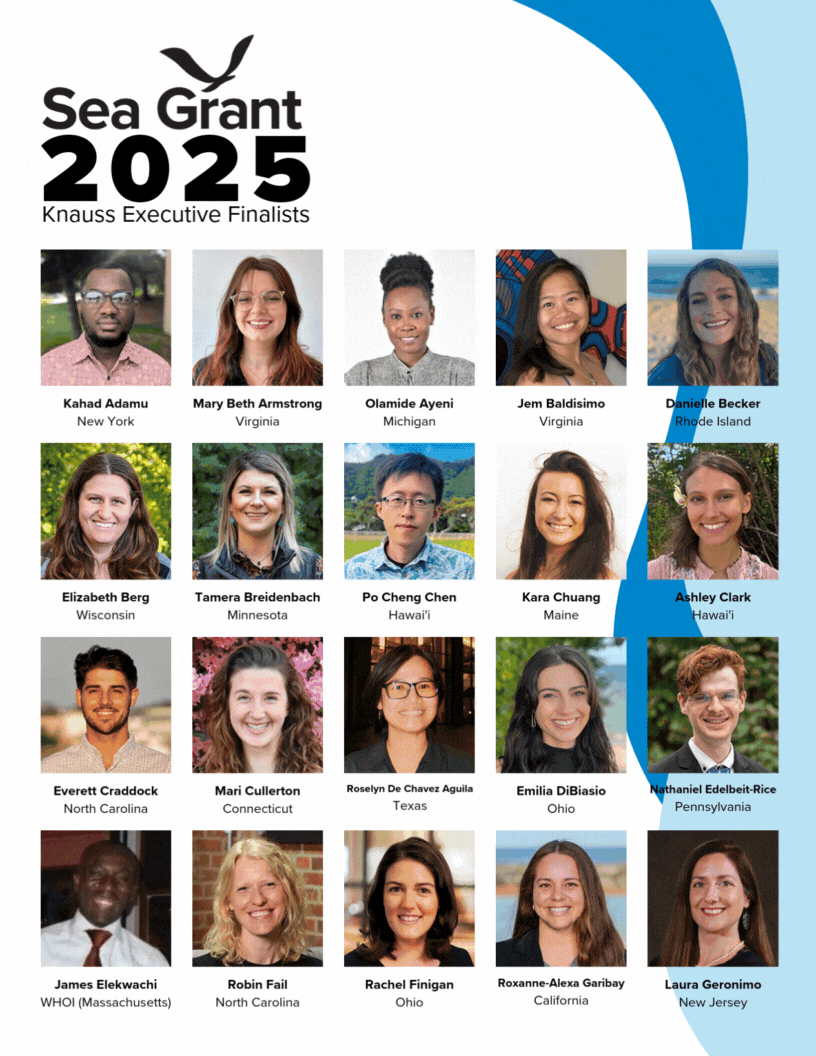Projects will strengthen local disaster readiness and recovery in Alaska, Connecticut, the Northern Gulf of Mexico region and South Carolina

For the third year in a row, NOAA’s Office Response and Restoration (OR&R) and National Sea Grant College Program (Sea Grant) are partnering to support coastal communities to prepare for, respond to and recover from natural or human-caused disasters. A total of $791,395 in fiscal year 2024 federal funds is anticipated to support four projects over two years in Alaska, Connecticut, the Northern Gulf of Mexico region and South Carolina, focused on strengthening local disaster readiness and recovery in underserved communities.
OR&R’s Disaster Preparedness Program coordinates current operational capabilities and facilitates knowledge from across the National Ocean Service and NOAA to ensure that commerce, communities and natural resources can recover as quickly as possible from all hazards.
“The Disaster Preparedness Program is pleased to continue to support these projects in vulnerable coastal communities. While we cannot prevent disasters from happening, we can attempt to reduce their impacts. We believe these projects will provide the public with the additional resources needed to mitigate the impacts of potential coastal disasters,” said Kate Wheelock, Director of the Disaster Preparedness Program.
Through the Disaster Preparedness Program’s support and partnership with Sea Grant, the four projects will ensure coastal communities are better equipped to move through the preparedness cycle efficiently, safely and effectively. Each project will take an individualized and localized approach to disaster preparedness:
- Alaska Sea Grant will help create an innovative regional landslide warning system, bringing critical and lifesaving information to a severely underserved region. This project is an extension of work using models recently developed in Sitka, Alaska by the Sitka Sound Science Center in partnership with Central Council Tlingit and Haida Indian Tribes of Alaska and six communities in the region, which helps communities prepare for landslides and other geohazard events and prevent the loss of human life. This new project will extend that work by adding two additional communities that recently experienced fatal or disruptive landslides.
- Connecticut Sea Grant will develop an emergency preparedness programming, training and partnership platform to be piloted in the cities of Stamford, West Haven and New London that will provide preparedness instructions, supplies and companionship/ambassador training in support of aging residents and their caregivers. This project aims to ensure that vulnerable aging residents in coastal communities are properly equipped ahead of weather events and climate-induced hazard risks.
- In the Northern Gulf of Mexico (Mississippi, Alabama and Louisiana), the Mississippi-Alabama Sea Grant Consortium in partnership with Boat People SOS, will address risk communication gaps in Vietnamese-American communities. The project seeks to improve the ability of underrepresented communities to manage impacts from natural and human-caused disasters. Additionally, the project aims to increase awareness among weather communicators regarding the language and cultural barriers faced by Vietnamese-American communities. Researchers will equip weather communicators with strategies to effectively address gaps in their communication efforts.
- South Carolina Sea Grant Consortium will evaluate and enhance the resilience of Gullah communities—one historically marginalized group from South Carolina that is facing increased social vulnerabilities due to persistent flooding. The project aims to analyze the cultural, environmental and economic impacts of flooding on Gullah communities and seeks to understand the limitations of current strategies. The ultimate goal is to outline new adaptation approaches that respect Gullah traditions and promote culturally sensitive environmental resilience strategies.
See the full project descriptions here
“As a trusted partner and broker of information in local communities, Sea Grant is uniquely positioned to help communities address disaster preparedness challenges in thoughtful, collaborative ways,” said Jonathan Pennock, Director of the National Sea Grant College Program. “This partnership with the Disaster Preparedness Program brings together the expertise of both programs to meaningfully contribute to coastal community resilience.”
In fiscal years 2022 and 2023, OR&R’s Disaster Preparedness Program and Sea Grant partnered on three and four competitively selected projects, respectively. Read more about the fiscal year 2022 projects here and the fiscal year 2023 projects here.
Fiscal year 2024 awards pending final approval and issuance.
Melanie Herrera
NOAA’s Office of Response and Restoration


